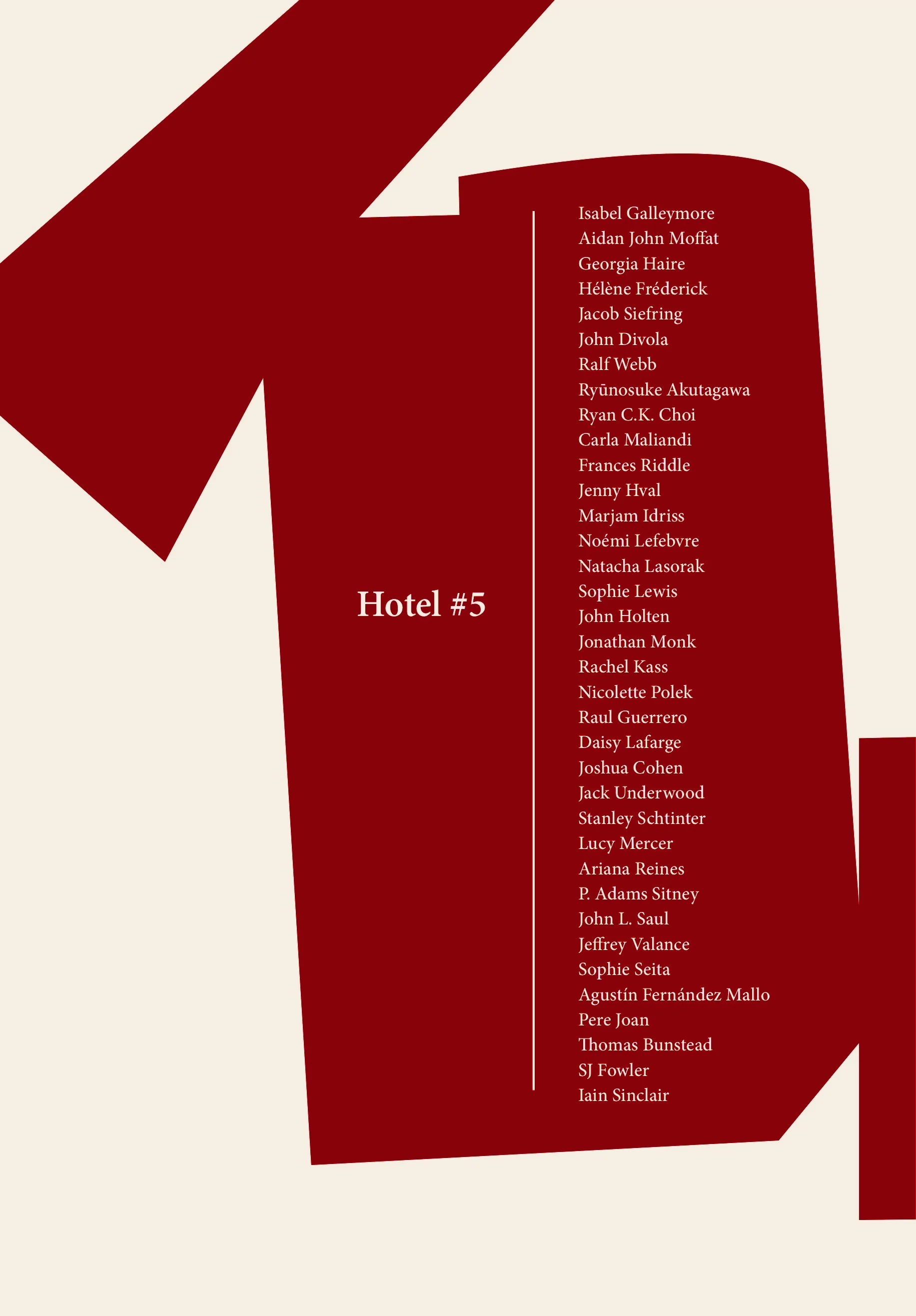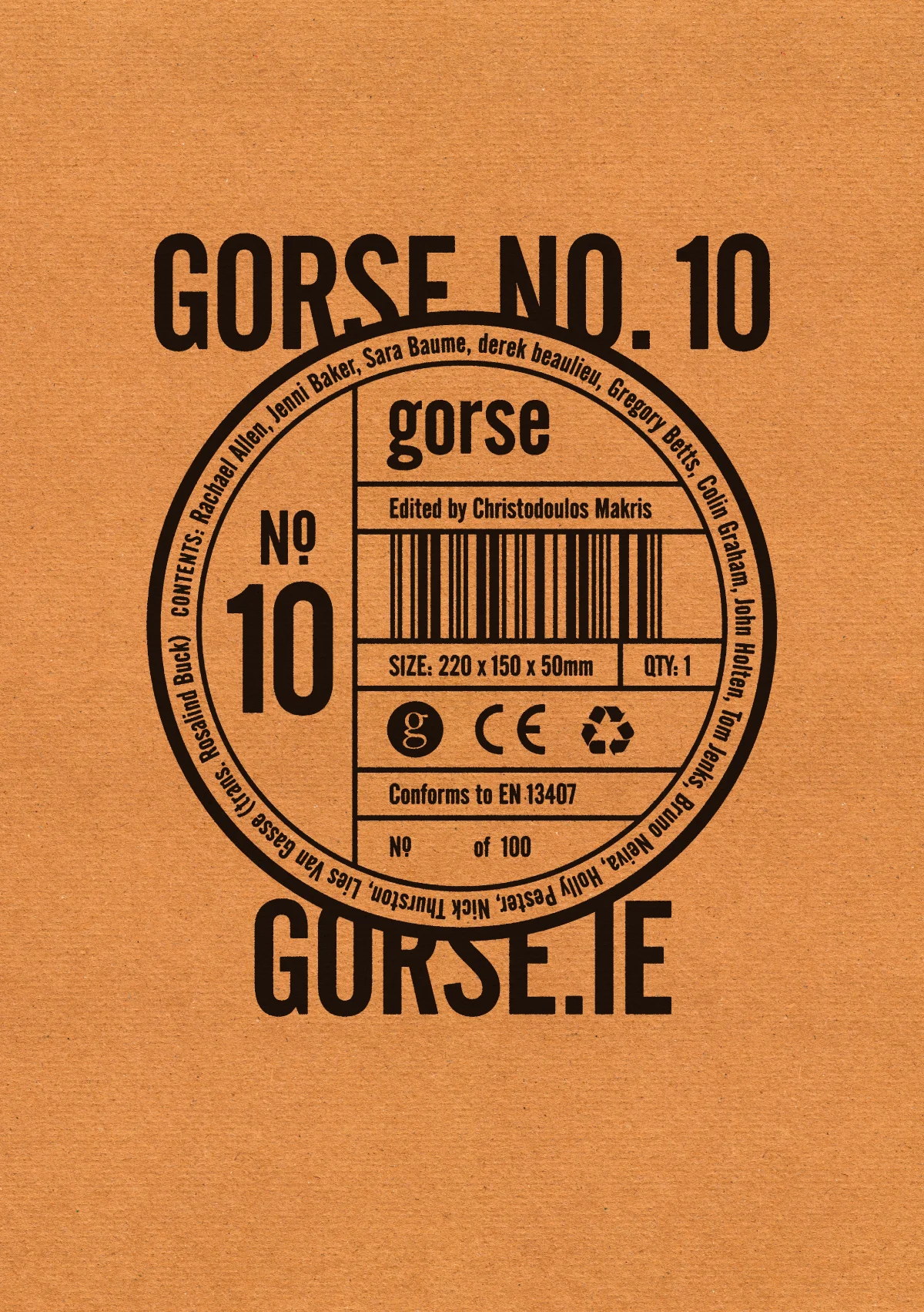Brent Wadden “Night Soil”
Imagining a world without people doesn’t take much: you just have to venture out in the dead of night, visit a city street corner before the changeover between night and day workers. The 2006 novel Night Work, by the Austrian Thomas Glavinic took the thought experiment to the extreme: the protagonist awoke to a world in which he alone was the inhabitant, an I Am Legend scenario that almost leads him to lose his mind. To find comfort, and uncover if he is in fact alone, he sets up nighttime recordings. The traces all of us leave behind, detritus, litter, and yes excrement, may well be our best way of letting other people know that we do in fact share this world of ours.
Brent Wadden turned up in Berlin around the same time as I did, though maybe a little earlier: we could say 2007 or so. It was by no means an empty city at the time, even if it had a lot more empty plots than it does now. There were traces of its denizens everywhere, past and present, and yet it still felt like something of a blank canvas. Like any great cosmopolitan city, it was adept at cleansing new arrivals of whatever social and cultural shackles they were emerging from. In Wadden’s case, this was Cape Breton Island stock. In the years since I’ve come to think of this part of Canada as part of my own homeland, Ireland, detached and deposed on the other side of the Atlantic.
And these origins are germane: this Gaelic working class Celticness has allowed the artist to plough a furrow with relentless dedication. Beyond questions of technique and intention, lies the fact that Wadden’s art is a site of de facto work. Because it is hard work. Weaving has long been the chosen method for him, and one gets the distinct feeling that this is not out of a tendency to ephemeral predilection, but rather that weaving is a mirror for a way of thinking, of a mind at work with an organising, relentless and dedicated labour principle. We’re talking here about a work ethic.
To work is to repeat, improve and refine but in this case the by-now largely instantly recognisable geometry of a Brent Wadden artwork are also sites of the Joycean mistake, “they are portals of discovery.” A way of working for the artist that is constant problem solving, at the loom any error is elevated to an advantage on the surface of the artwork.
The origin of much of the material used by Wadden is also indicative of this elevation, a surprising turn in Wadden’s conception of both his practice and his oeuvre: namely that of an economic deferral (one could say thriftiness) that sees him harbour an extensive collection of fabrics and material. He has sourced a material stockpile from countless lot sales, house clearances, flea markets and this providence places a sustainable cloak on his studio practice, as well as allowing him to choose and explore any given colour, as he described it to me in a recent conversation, to the point of exhaustion.
The cycling through of an idea is part of this. Much like the writing and deleting of words by a poet in the drafting of music and song, so too the weaving toward the expanded, and abstracted, vision of the plane caught inside the frame. And what are we left with inside the frame? Traces of us all perhaps, whatever it may be that we wish to have carted away by morning. Under the cloak of line, the perspective of a digital entranceway. The screen opening up, the handprint of work.
—John Holten
at Peres Projects, Milan
until December 1, 2023
www.moussemagazine.it/magazine/brent-wadden-peres-projects-milan-2023
A negative calligramme by John Holten (Cooking), 2018 by Natalie Czech
Archival Pigment print
99 × 75.8 cm courtesy Kadel Willborn
Selection of Recent Short Fiction
'Elaine Pettifer' in The Other Irish Tradition, Dalkey Archive Press
‘The Future of Reading’ in Hotel #5
'Emergency in Favour of Twice' in gorse issue 10 (and featured in Electric Literature)
’A Number of Points Randomly Connected’, artist edition with Jonathan Monk, Broken Dimanche Press
Selection of Recent Non Fiction
‘The Perfect Berlin Meme’ in Spike Magazine
‘What Was His Name?’ in We’ll Never Have Paris, edited by Andrew Gallix
Review of Compass by Mathias Enard in The Stinging Fly





